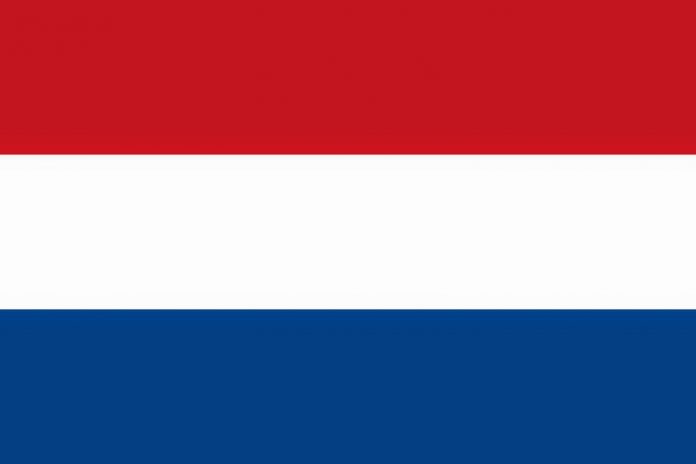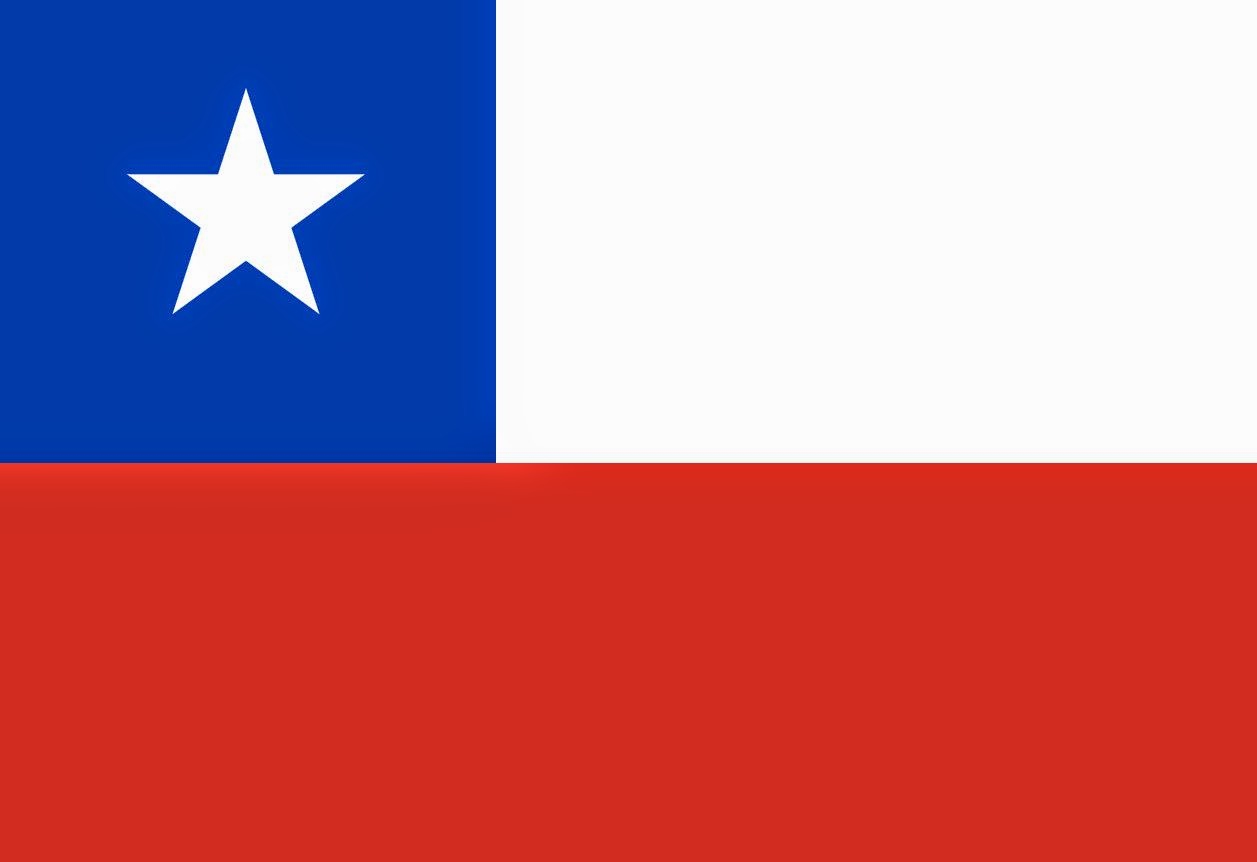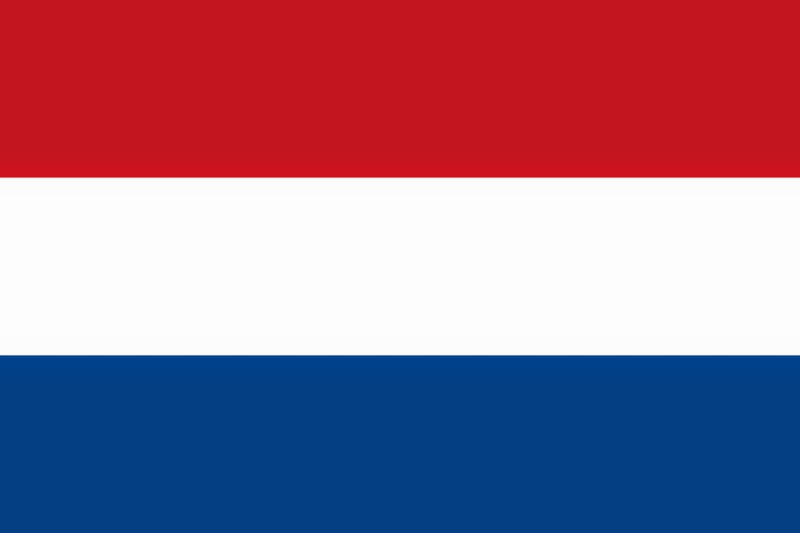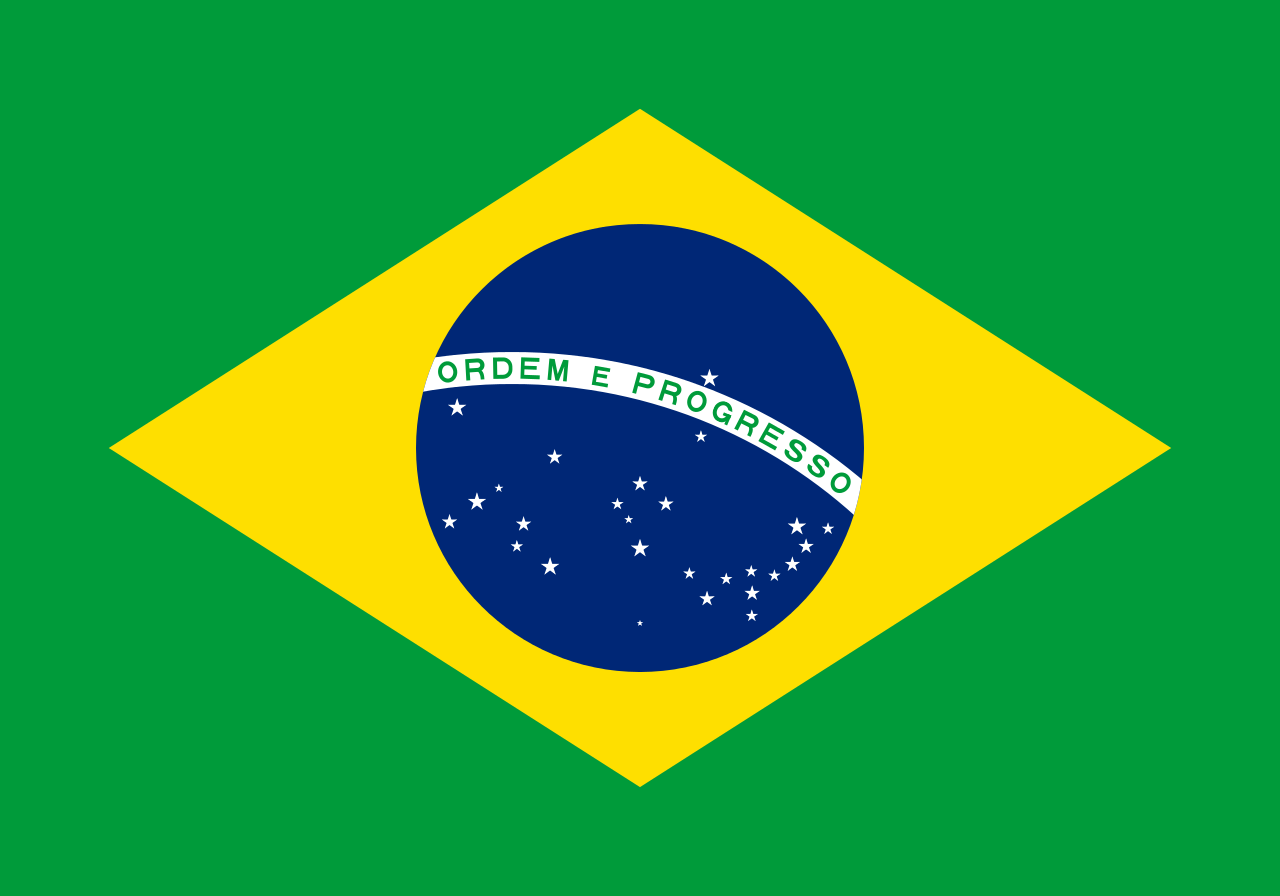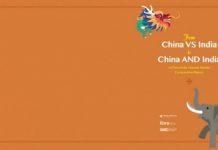The Net Neutrality debate has picked up pace in India thanks to campaigns such as #SaveTheInternet and various news reports endorsing the importance of having non-regulated internet. Companies such as Airtel and Flipkart are facing the ire of consumers for allegedly striking deals to offer free access to its app, while the app developer pays the data charges. A lot of people have already uninstalled the Flipkart app from their phones following this move. Airtel is comparing its Airtel Zero initiative to toll-free numbers that have been in existence for ages and Flipkart CEO Sachin Bansal has also come out in support of zero-rating for apps.
Giving preferential treatment to certain apps or web services over others, goes against the principles net neutrality which promises to provided a level playing field for all internet data. In December last year, Airtel was similarly called out when it sent across a circular regarding different data-pricing plans for VoIP calling. Airtel later withdrew the data plan citing the telecom regulatory body’s plans to come out with a consultation paper on over the top services for apps such as Viber, WeChat, Skype, WhatsApp and so on which let you make VoIP calls.
The Telecom Regulatory Authority of India (TRAI) has released a consultation paper regarding regulation of over the top (OTT) services. OTT services refers to apps or web services that let you use the internet over the mobile networks, to do tasks that the telcos do such as messaging or voice calling, which in effect cuts the revenue that the telco could have earned from these services earlier. TRAI is seeking suggestions for the 20 questions it has put forth on its website. If you are short on time to go through the entire list of questions and do not want to bother answering each question, you can head over the www.savetheinternet.in and hit the Respond to TRAI button which already has each of the 20 questions answered. You can even edit the responses to your liking. But the responses need to be sent in before the deadline, that is April 24.
While we are still in the process of making Net Neutrality into a law, there are four countries which have already taken that first step. Let us take look at how net neutrality is faring in countries that have it and some of the lessons we can learn from them.
The South American nation was the first country to enact the Net Neutrality law, way back in July 2010. According to this law which was included in Chile’s General Law of Telecommunications, “No [ISP] can block, interfere with, discriminate, hinder, nor restrict the right of any Internet user of using, send, receive, or offer any content, application, or legitimate service through the Internet, as well as any activity or legitimate use conducted through the Internet.” This law was passed after a nearly unanimous decision of one hundred votes to one abstentation.
But the most significant lesson to be learnt from Chile is that this law was a result of a citizen movement which was organised through Neutralidad Si (Spanish link), a community of regular citizens who convinced the representatives of Congress of the importance of such a law. This group had initially also worked to show how ISPs were blocking ports that allowed exchange of peer-to-peer (P2P) files.
On June 1, 2014, Chile also stopped giving big companies zero-rating access for its services. Zero-rating lets big companies such as Facebook or Twitter to strike deals with telecom players to offer their apps for free, without any data charges. (This is exactly what internet.org is in India and abroad, where Facebook has struck a deal with Reliance Communications to offer free internet to users who have an RComm data plan. You can read about our first impressions of Internet.org here.)
The Netherlands was the second country globally and the first one in Europe to make Net Neutrality into a law, in 2011. The laws in this European nation prevent telecom operators from blocking or charging consumers over and above the regular data charges, for using VoIP based apps and other internet-based communication services.
Before this law came into effect, Dutch telecom market leader Royal KPN wanted to charge a premium on internet service providers and messaging services such as Facebook, WhatsApp, Skype and so on. As a result of this law, the telecom operators in the Netherlands raised the data charges to compensate for losses. But according to locals quoted in this New York Times article, the raising of prices hasn’t affected internet consumption or created any issues. Zero-rating access deals are also outlawed in the Netherlands. Vodafone was fined for bundling in HBO’s smartphone app into its monthly package and also its rival, Royal KPN, was fined for blocking VoIP calling services on some of its Wi-fi hotspots.
Also the law is so impressive that the European Union has adopted Netherlands’ Net Neutrality amendment as part of its move to make a uniform telecommunications policy for its member countries. At this moment, the amendment is still in the preliminary stages and it states, “traffic should be treated equally, without discrimination, restriction or interference, independent of the sender, receiver, type, content, device, service or application.”
Brazil passed a legislation on April 22, 2014, which is called as the ‘Internet Bill of Rights‘, which makes equal access to internet mandatory and protects the privacy of the Brazilian internet users. This means that even companies such as Facebook, Google and so on who are based in the US and have their servers across the world, will be subject to Brazil’s laws and courts.
This legislation got a thumbs up from World Wide Web founder, Tim Berners-Lee himself, as it balanced rights and duties of users, governments and corporations while keeping the internet open and decentralised. While passing the legislation, the government did not agree to drop the Net Neutrality provision which was opposed by the telcos in Brazil, which would let them charge differential rates if consumers used high bandwidth services such as video-streaming websites and VoIP apps.
The Brazilian government had approached the public to get suggestions on the new legislation in March 2014. Around 344,000 signatures were received for a petition supporting the Internet Bill of Rights into law. Few days prior to signing the bill, Brazilian President Dilma Rousseff answered questions from the public in a live Facebook chat around Net Neutrality.
USA passed Net Neutrality as a law in February this year. In January 2014, a federal appeals court struck down the Federal Communications Commission (FCC) in 2010 which had introduced strong Net Neutrality protections preventing internet service providers from blocking websites or imposing limits on users. As a result of this, a user created a petition on White House’s ‘We the People’ platform to ‘Restore Net Neutrality By Directing the FCC to Classify Internet Providers as ‘Common Carriers‘. This petition received over 100,000 signatures. On May 16, 2014, the FCC issued a proposed internet regulatory structure on which it invited suggestions from the public. It received over 4 million comments, making a record of sorts for any previous FCC regulation. Finally in February 2015, the FCC passed the Open Internet order.
According to the FCC, the broadband internet service providers will be treated as common carriers. This means that internet providers will operate under the same rules as landline phone services, where there is no discrimination or differential pricing based on the phone calls made. The internet providers cannot block broadband access to legal content, cannot throttle speeds of internet data based on content, applications or services and there will be no paid prioritization whereby services can strike deals with telecom operators / ISPs to used faster lanes so that their sites or services load faster than others in a congested network.
A common thread seen in the four countries above is that most of these movements were people-initiated rather than government-initiated. TRAI has given the citizens time up to April 24 to put forth their suggestions regarding regulation on OTT services as well as on network neutrality. TRAI has received around one lakh responses to its questions so far. Surely, we can do better.

